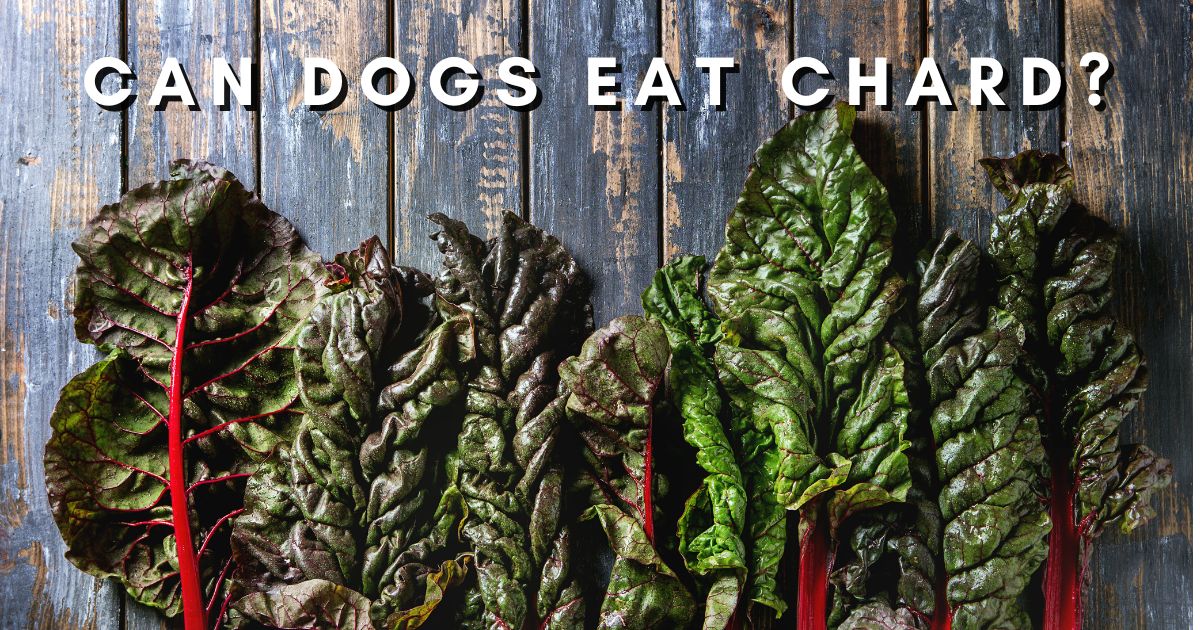Cooking Eggs for Dogs: Nutritious and Easy Recipes for Your Canine Companion


Decoding the Myths: Can Dogs Eat Eggs Safely?
Ever found yourself enjoying a hearty breakfast, only to be met with those pleading puppy eyes begging for a taste? You might have hesitated, wondering if it was safe. So, let's crack this question wide open: If served correctly, most dogs can safely enjoy eggs.
Eggs are not only a delicious snack, but they’re also packed with nutritional benefits. However, as with all treats, moderation is key, and it's important to prepare eggs the right way to avoid any potential health hazards. Eggs can also be a common allergen in dogs, so first and foremost, ask your veterinarian what they recommend.
The Potential Nutritional Benefits of Eggs in Canine Diets
Eggs are a treasure trove of nutrition. They're packed with high-quality proteins that are essential for canine muscle maintenance and growth, coat and skin health, energy, and immune health. As your dog gobbles them up, they're not just savoring the taste — they’re also helping fuel their bodies with beneficial amino acids.1
Some of the key nutrients found in eggs include:
- Iron
- Folate
- Protein
- Riboflavin (B2)
- Selenium
- Vitamin A
- Vitamin B122
And, let's not forget about those wonderful omega fatty acids that are concentrated in the egg yolk.3
Cooked Vs Raw Eggs For Dogs: What’s Best?
Feeding raw eggs to your dog is a topic of debate, but the consensus among veterinarians is to err on the side of caution. Though not toxic, raw eggs can harbor hazardous bacteria, like Salmonella and E. coli, which could lead to food poisoning for your dog—and possibly for you if you're handling them.4
The other alternative is to feed your dog a freeze-dried raw product, like Dr. Marty Nature’s Blend Essential Wellness. It’s an all-rounder, blending premium meats, veggies, fruit, seeds – plus eggs! And, because it’s freeze-dried raw, it’s not only safer but way more convenient – there’s no need for refrigeration, and you can travel with it anywhere.

Preparing the Perfect Egg Treat for Your Pooch
How To Cook Scrambled Eggs for Your Dog
Cooking up scrambled eggs for your dog is as easy as it is nutritious — and they're sure to lap up every morsel with relish. Follow these simple steps to whip up a canine-approved scramble:
- Crack the Eggs — Start by cracking an egg into a bowl. A good rule of thumb is one egg per serving.
- Whisk Them Up — Grab a fork or whisk, and give those eggs a good beating until they're well mixed. Remember, no salt, spices, or onions — plain eggs are best for dogs.
- Cook with Care — Lightly coat a non-stick pan with a touch of water or a mist of olive oil to make sure the eggs won't stick. Heat the pan over medium heat.
- Keep Stirring — Pour the eggs into the pan, and wait for the edges to set slightly. Then, gently stir and break the eggs into soft curds. Keep the heat moderate to avoid browning the eggs — slow and steady wins the race.
- Cool Down — Once the eggs are fully cooked and fluffy, take them off the heat, and let them reach room temperature. It's important to avoid serving hot food that can burn your pup's mouth.
- Serve and Enjoy — Now, plate up the scrambled eggs. You can also garnish them with your dog's favorite dog food.
Eggs are a delightful addition to your dog's diet, but be sure to introduce any new food slowly and in moderation.
Boiled Eggs as a Healthy Treat
Boiled eggs are an excellent (and easy) way to serve eggs to your pup.
- Choose Fresh Eggs — Select some fresh eggs from your fridge. Make sure they're free from cracks to avoid any potential bacteria contamination.
- Boil the Eggs — Place the eggs in a pot, and cover them with enough cool water. Slowly bring the water to a boil, then reduce the heat, and let the eggs simmer for about 10 minutes.
- Cool the Eggs — Once boiled, transfer the eggs into a bowl of cold water. This stops the cooking process and makes them easier to handle.
- Peel the Shell — When the eggs are cool to the touch, gently peel off the shell.
- Cut or Mash — Depending on your dog's size, you may want to chop the egg into appropriate chunks or mash it up to help prevent any choking risks and to make it easier for them to eat.
- Serve with Care — You can offer an egg as a standalone snack or mix it into your dog's regular food for a special treat. The remainder of the boiled eggs should be refrigerated within two hours, and they can be kept in the refrigerator for up to a week.5
Getting Creative: Homemade Fido Omelet
When it's time to jazz up your pup's mealtime with something special, a Homemade Fido Omelet is the paw-fect dish to serve. Here's how to make it:
Ingredients:
- 1 large egg
- A sprinkling of dog-friendly veggies, like finely chopped spinach or carrots
- A dribble of olive oil or a splash of water for the pan
Instructions:
- Wash and chop your chosen vegetables into small, bite-sized pieces.
- Crack the egg into a mixing bowl, and give it a good whisk until bubbly and fully mixed.
- Heat a non-stick skillet with a tiny bit of olive oil or a splash of water over medium heat.
- Sauté the veggies lightly until they're just softened.
- Pour the whisked egg over the veggies in the pan, and let them sit for a moment to set.
- Once the edges of the omelet start to lift away from the pan, gently slide a spatula under and fold half the omelet over to cover the veggies.
- Reduce the heat and let the omelet cook through.
- Cool the omelet down to room temperature before serving to avoid burning your dog's mouth.
- Slice into appropriate sizes for your pup to enjoy.
A Homemade Fido Omelet not only provides a protein-rich snack, but it also sneaks in those veggies for an extra nutrient boost—something both you and your canine companion can feel good about.
Just remember to introduce any new food into your dog's diet gradually and in moderation to prevent any digestive upset. And, when indulging your dog with a homemade treat, it's all about balance and ensuring their overall diet remains complete and nutritious.
Portion Sizes: How Many Eggs Can Your Dog Have?
You should talk with your vet about the appropriate number of eggs to give your dog as a treat per week. How many eggs dogs can have depends on many factors, including their size, age, activity levels, and existing health conditions they may have.
A more convenient way to regularly include eggs in your dog’s diet is to feed your dog a premium freeze-dried raw food like Dr. Marty Nature’s Blend. Because Nature’s Blend is a fully balanced canine diet, there’s no need to be concerned about your pup overdoing the eggs, and you can easily follow the recommended portion guide on the label.
Are Egg Allergies Common in Dogs?
Egg allergies in dogs do occur, and proteins are often the culprit. If you're introducing eggs into your dog's diet, it's best to start with a small amount and watch them closely for any adverse reactions, such as itching or gastrointestinal issues.6
Should you notice any unusual symptoms, consult your veterinarian for guidance.
Dr. Marty also offers Dr. Marty Nature’s Blend Sensitivity Select, a premium freeze-dried raw food designed specifically for dogs with food sensitivities. It contains ZERO beef, dairy, eggs, or wheat — which can be “problem foods” for some dogs.

Sources
- https://wagwalking.com/wellness/how-much-protein-does-my-dog-need#benefits-of-protein-for-dogs
- https://www.akc.org/expert-advice/nutrition/can-dogs-eat-eggs/
- https://www.petmd.com/dog/nutrition/evr_multi_eggs_for_pets2
- https://www.akc.org/expert-advice/nutrition/can-dogs-eat-eggs/
- https://www.fsis.usda.gov/food-safety/safe-food-handling-and-preparation/eggs/shell-eggs-farm-table#21
- https://www.petmd.com/dog/nutrition/evr_multi_eggs_for_pets2


